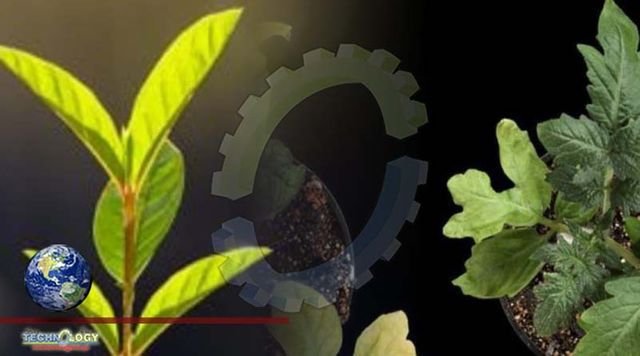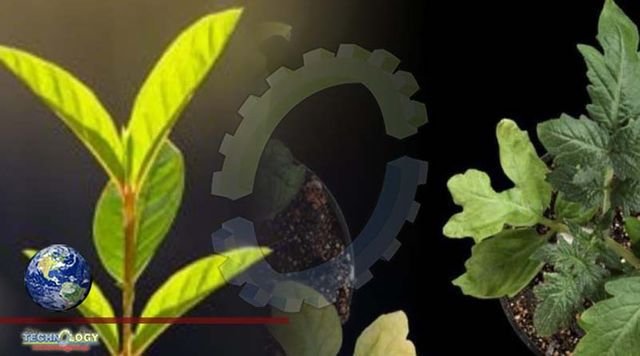Scientists have long known that touching plants can set off a stresses reaction in them – but until now it hasn’t been exactly clear how that worked at a molecular level, something that a new study hopes to shed light on.

The researchers behind the study have identified certain genetic keys inside plants that lead to two separate signaling pathways, explaining why plants react so strongly to being touched. Understanding more about how this process works at a fundamental level could help researchers in a variety of different areas, from improving plant health to getting higher harvest yields from the same crop. “We exposed the plant thale cress to soft brushing, after which thousands of genes were activated and plants stresses hormones were released,” says biologist Olivier Van Aken from Lund University in Sweden.
“We then used genetic screening to find the genes that were responsible for this process.” The genetic screening searched for mutant forms of the plant, ones known to respond in various ways to repeated physical touches. Past research on their anatomy, especially their roots, indicated special protein channels responded to distortions in the cell membranes by facilitating chemical signals.
Less was known about how this process worked in other parts of the plant, such as their leaves. There were hints compounds like jasmonic acid played a critical role in transforming those early chemical signals into behavioral or growth changes, but there were also plenty of gaps that needed to be filled in. The researchers spotted six individual genes that played a role in touch response, three for the signaling pathway related to jasmonic acid, and three on a separate signaling pathway.
That gives biologists a lot more to work with when it comes to understanding how and why this response happens and gets us further towards potentially manipulating it in the future. “Our results solve a scientific mystery that has eluded the world’s molecular biologists for 30 years,” says biologist Essam Darwish from Lund University. “We have identified a completely new signaling pathway that controls a plant’s response to physical contact and touch. Now the search for more paths continues.”
From knife cuts to animal bites to torrents of rain, every touch that a plant gets leads to a defensive molecular response – although these responses can be quite varied. They can lead to plants becoming more stress-resistant and flowering later in the year, for example. The idea to try and harness this response isn’t new: scientists are already looking into how carefully managed “mechanical wounding” can make for sturdier crops and harvests that are more plentiful, because the plants build up more of a resistance to stress.
As climate change puts even more pressure on agriculture and wheat production, those processes are becoming even more important – and this latest piece of research gives scientists vital information about how this is all controlled. “Given the extreme weather conditions and pathogen infections that climate change leads to, it is of utmost importance to find new ecologically responsible ways to improve crop productivity and resistance,”
Source: This news is originally published by sciencealert
